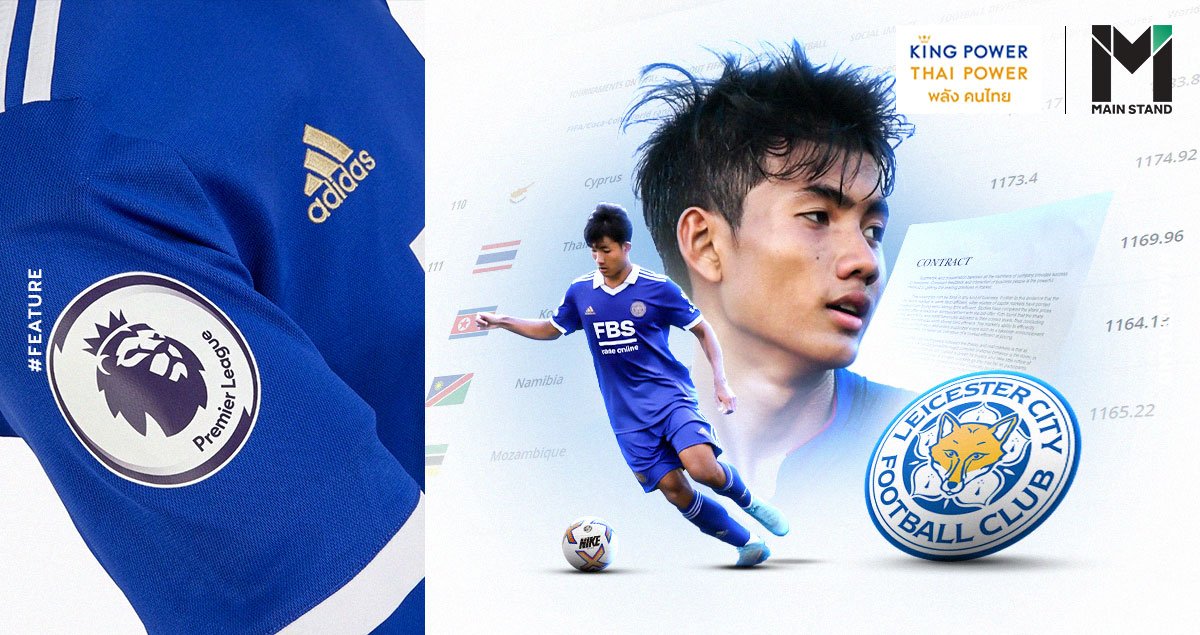
At just 20 years old, Buriram United forward Suphanat Mueanta has already established himself as a star in Thai football.
He made history at a mere 15 years of age, becoming the youngest player to ever feature in a Thai League match. One year later, he set the record for being the youngest goalscorer in both AFC Champions League and Thai League history.
Suphanat has unprecedently improved and flourished in his early years, becoming a key player for the Thunder Castle and directly contributing to 30% of their goals this season.
His performances for both club and country have made him a fan favorite and earned him impressive honors such as ASEAN’s Next Gen Footballer of the Year in 2020.
This past winter, during the Thai League mid-season break, Suphanat was one of five players from Buriram United who trained with English Premier League side Leicester City.
The latest reports suggest that he has received an official contract offer from the Foxes but will have to go to OH Leuven, a club also owned by the King Power International Group, to gain his work permit first.
Hence on Main Stand with Agastya Bajaj, we will explore whether Thai international players, such as generational talent Suphanat Mueanta, can overcome England’s rigid work permit regulations to compete in the English Premier League.
The first phase of English Premier League work permit regulations
The English Premier League is regarded for its high level of quality and competition, but there are several factors refraining ASEAN footballers from joining the league.
The main factor is the rigid work permit regulations that apply to players outside the European Union and European Economic Area.
In order to gain this work permit, a non-European Union passport holder must meet the criteria set by the Football Association (FA).
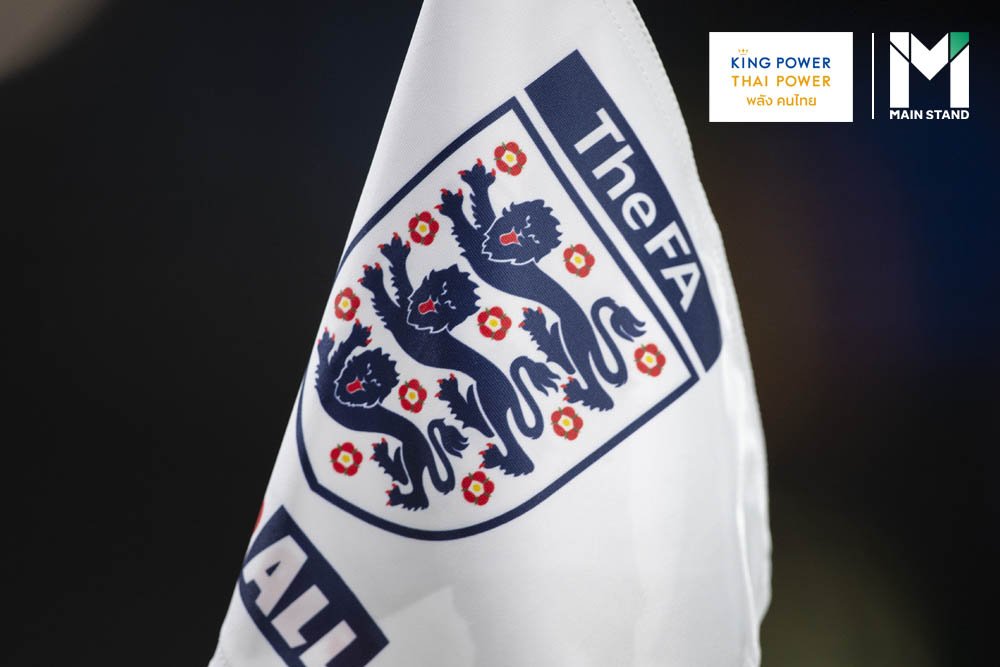
The criteria revolve around examining the player’s national team and the number of matches played for their country over two years. The specific number of matches required is determined by the FIFA World ranking of the player’s national team.
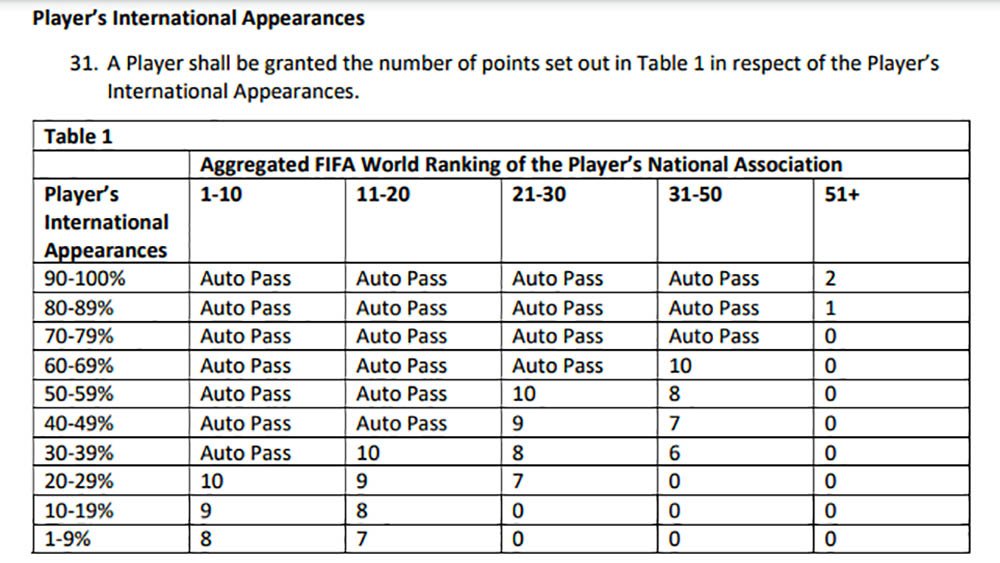
This is an image taken from the FA’s handbook on international work permit regulations in 2021
For example, suppose a player representing an international team ranked in the top 10 of the FIFA world rankings has played in at least 30% of their country’s senior matches over the previous two years. In that case, they are immediately eligible (given an auto pass as depicted in the graphic) to play in the English Premier League.
Players from international teams ranked between 11 and 20 in the world rankings would be required to play at least 40% of their country’s senior matches in this period to get immediate eligibility, with the designated number of matches increasing as the ranking gets higher.
Individuals from countries outside the top 50 in the world rankings, such as Suphanat and Thailand, do not meet this basic threshold for immediate eligibility.
However, there are still ways for international players from outside the top 50 to gain a Premier League work permit, but it gets very complicated and infeasible, especially for Suphanat.
The second phase of English Premier League work permit regulations
If the player doesn’t meet the “auto pass” metric for work permit eligibility, their club football playing time and the quality of their club football are instead examined using a points system with five different criteria.
To gain a work permit, the player must accumulate a score of 15 points from these five criteria.

The criteria are separated into bands, with club leagues separated into six bands while continental competitions are separated into three bands.
In Thailand and Suphanat’s case, the Thai League is ranked in Band 6, the bottom tier of the domestic minutes and club ranking scale.
On the continental scale, the AFC Champions League is in Band 3, the bottom tier of this ranking system.
(Below are the five different criteria and Suphanat’s current score if an English Premier League club attempts to sign him when he turns 21 in the summer)
*Criteria 1: Player’s domestic minutes
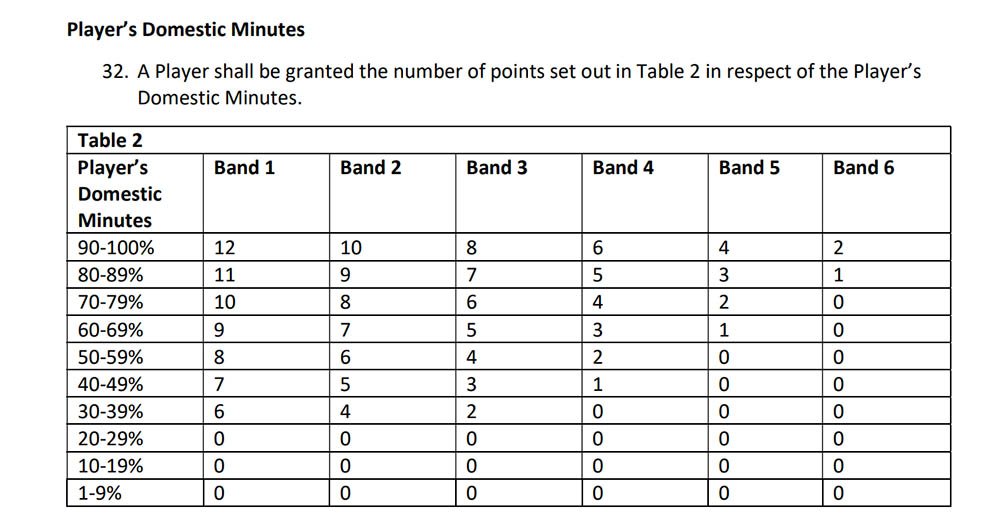
Based on Suphanat’s domestic minutes over the past season, he currently earns the maximum two points in band six of criteria one.
*Criteria 2: Player’s continental minutes
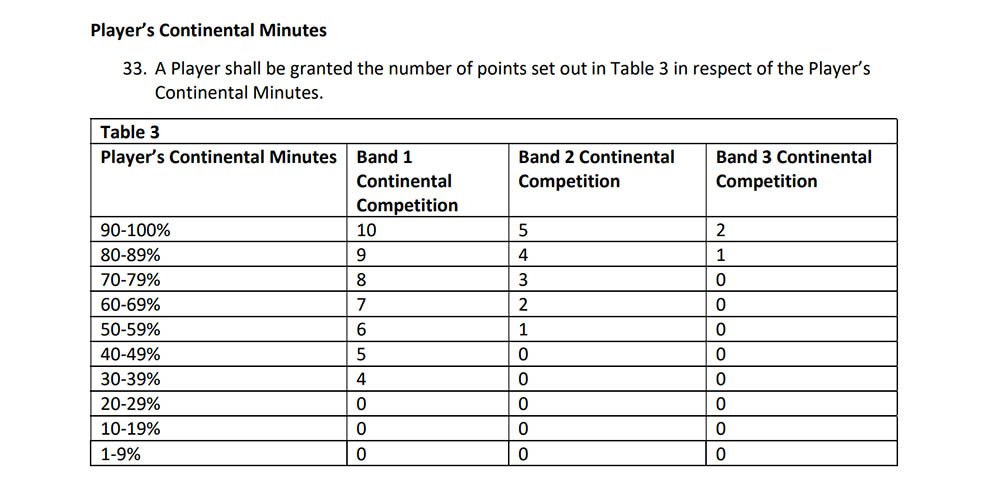
Buriram United failed to qualify for the Asian Champions League last season, meaning Suphanat gets no points from band three in criteria two.
*Criteria 3: Last club’s final league position
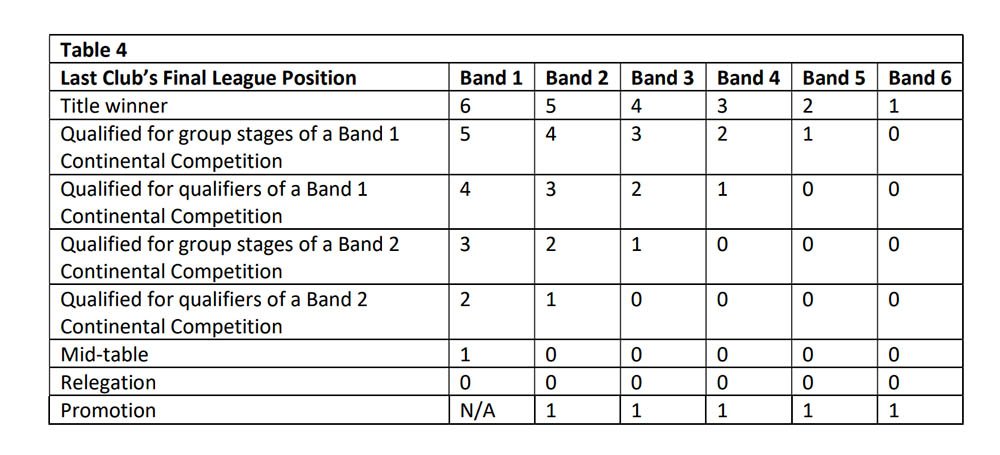
Buriram United are the reigning champions of the Thai League, meaning Suphanat will earn the maximum one point from band six in criteria three.
*Criteria 4: Continental progression
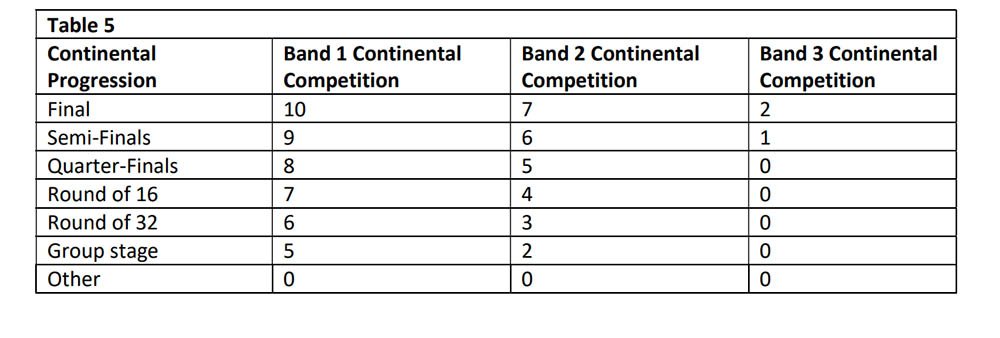
Buriram United did not qualify for the AFC Champions League last season, meaning Suphanat is not eligible for any points from criteria four.
*Criteria 5: Band of the player’s current club

With Buriram United in band six, Suphanat will only earn two points from table five.
With Suphant’s accumulated score only amounting to five points, he and any other Thai League players would be ineligible for a work permit.
There is still a slim chance though?
However, ASEAN football fans shouldn’t lose hope, there still is the potential for Suphanat to play in the English Premier League. If Leicester City could appeal to the FA’s exceptional panel.
According to the FA’s handbook on work permit regulations, “The Exceptions Panel shall only recommend to The FA that a GBE be granted if it is satisfied that either exceptional circumstances prevented the Player from achieving 15 points.
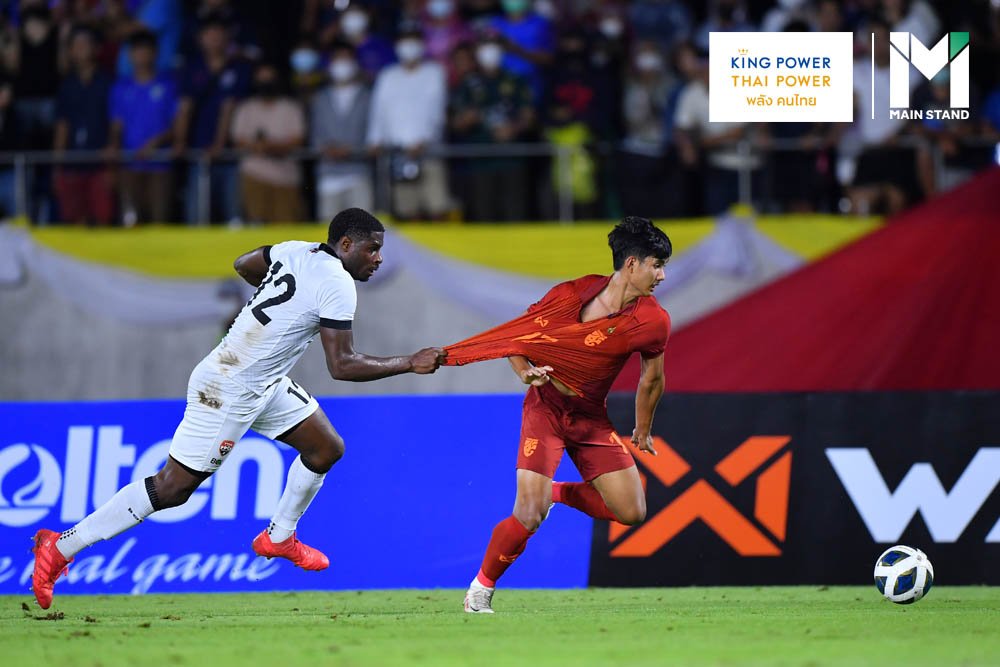
“If those exceptional circumstances did not apply, the Player would have achieved 15 points; or the Youth Player shows significant potential and is of sufficient quality to justify the Exceptions Panel recommending that a GBE be awarded.”
These “exceptional circumstances” are quite ambiguous and subjective, with the panel ruling based on the player’s talent and what he provides to the English game and potential club.
Buriram United president “Big Ne” Newin Chidchob stated, “Suphanat must stay to get acquainted And quite understand the system of Leicester City, because going this round is like going to the second test of Suphanat if he passes this round of assessment.
“At the end of this season, he has the opportunity to play in European leagues. Therefore, we must give our children time to the fullest.”
Therefore, although it seems very unlikely for Suphanat to play for a Premier League club next season, with the other European leagues being in the European Union together, work permit regulations are not as rigid as the English Premier League.
Based on the latest insider news, Suphanat can join another European club, potentially OH Leuven in Belgium, a club that shares the same ownership group as Leicester City, the King Power International Group.
If he was to stay there for a few seasons and have a successful tenure, he could gain enough work permit points to transition to the Premier League later.
Sources
https://thailand.postsen.com/sports/90554/Newin-reveals-that-Suphanat-is-still-testing-Leicester%E2%80%99s-pace-%E2%80%93-to-win-Europe-next-season.html
https://worldfootballindex.com/2020/12/work-permits-premier-league-post-brexit-english-clubs-efl-libertadores/#:~:text=Players%20need%20to%20accumulate%20a,awarded%20a%20governing%20body%20endorsement.
https://latitudelaw.com/news/the-fas-policy-on-non-eu-football-players-and-possible-implications-following-brexit/
https://www.thefa.com/news/2020/dec/01/gbe-points-based-system-launched-01122






